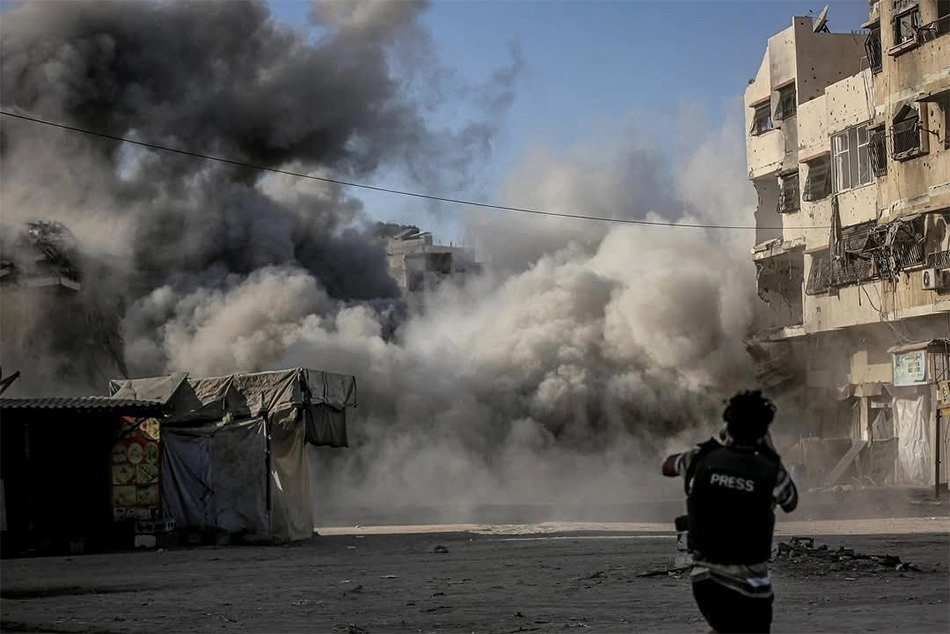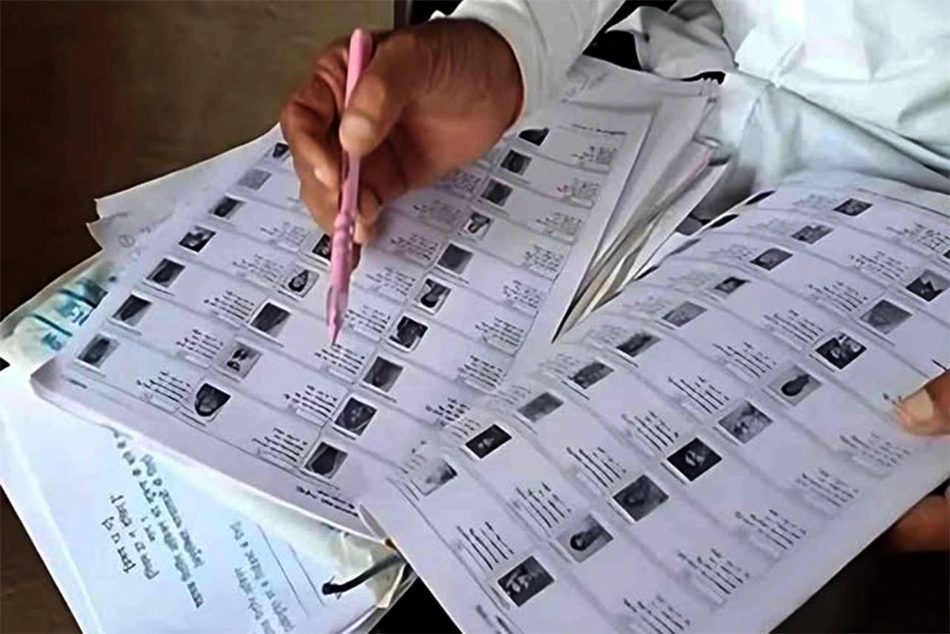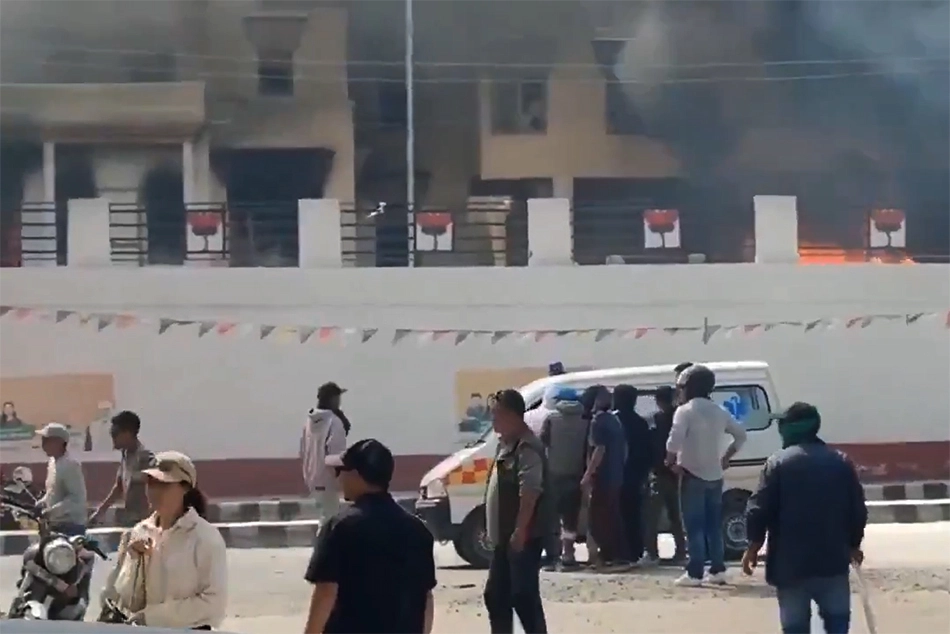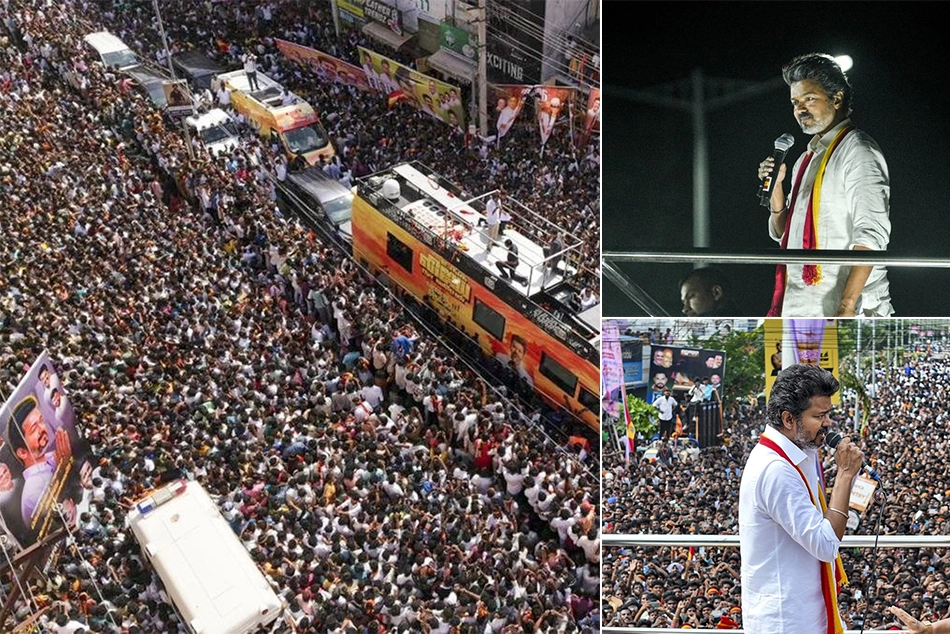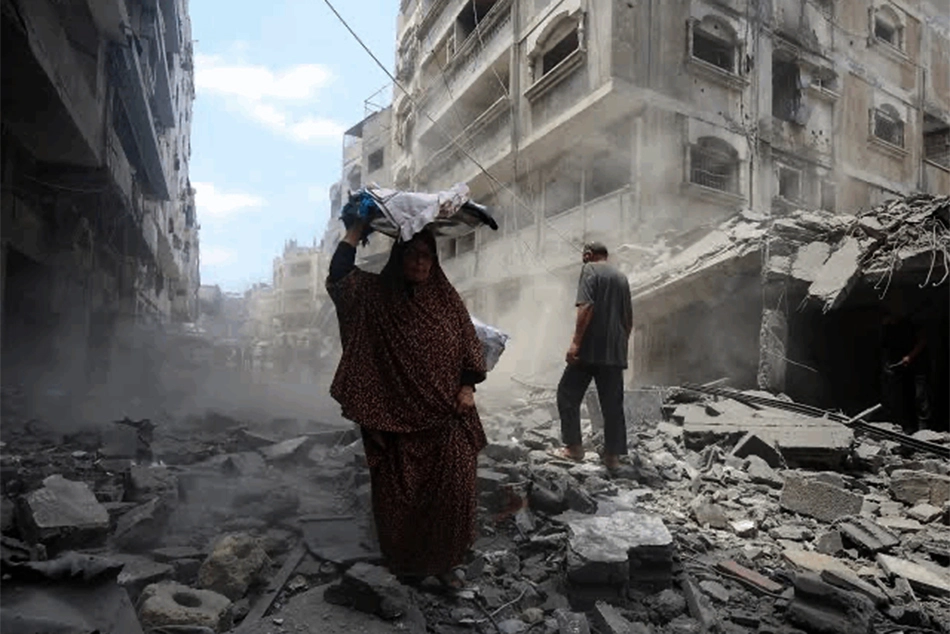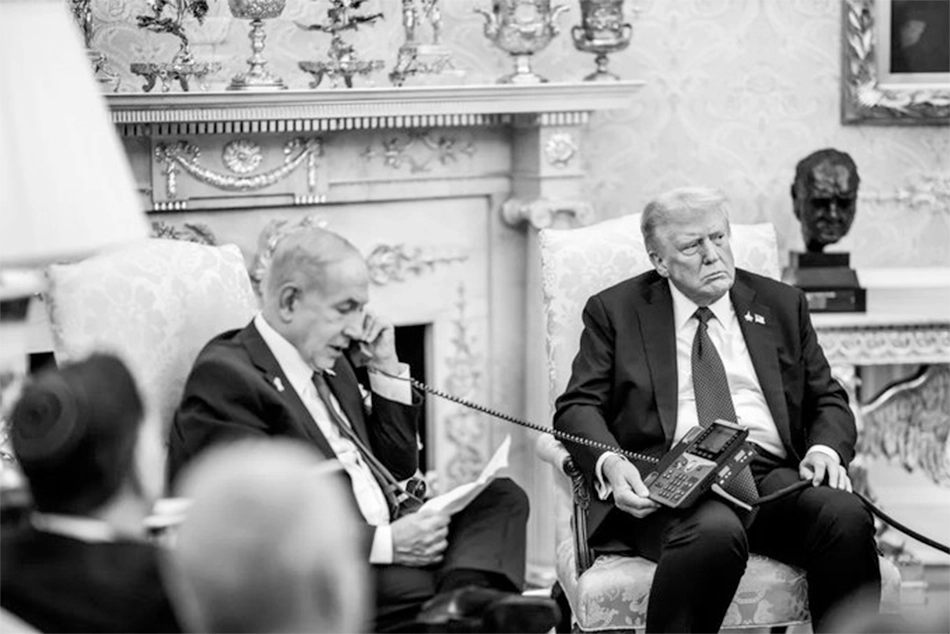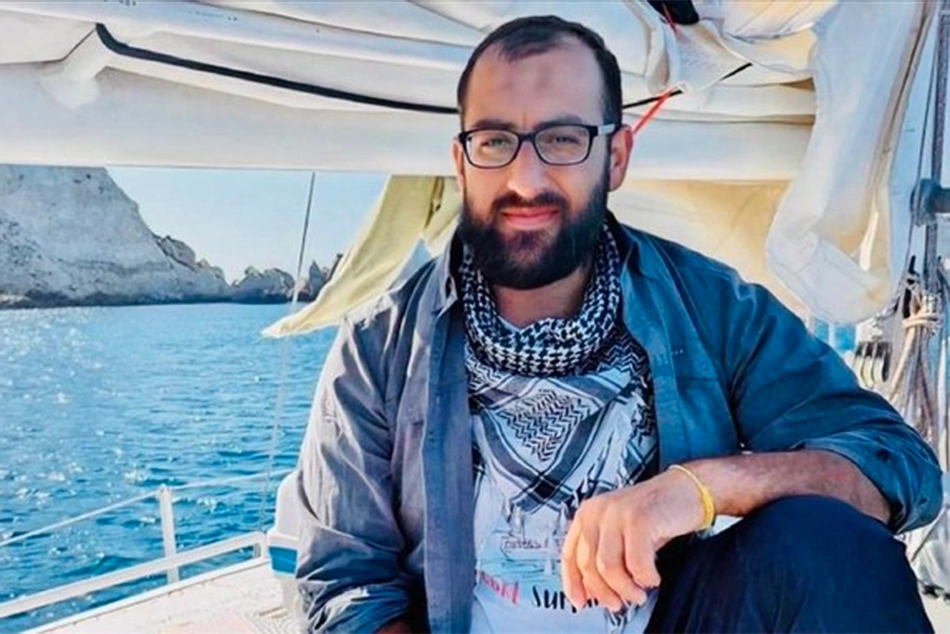
Violence against Christians in India not Occasional, Systematic
Violence against Christians is not occasional and isolated minority problem, it is systematic and hence a test of India’s secular fabric
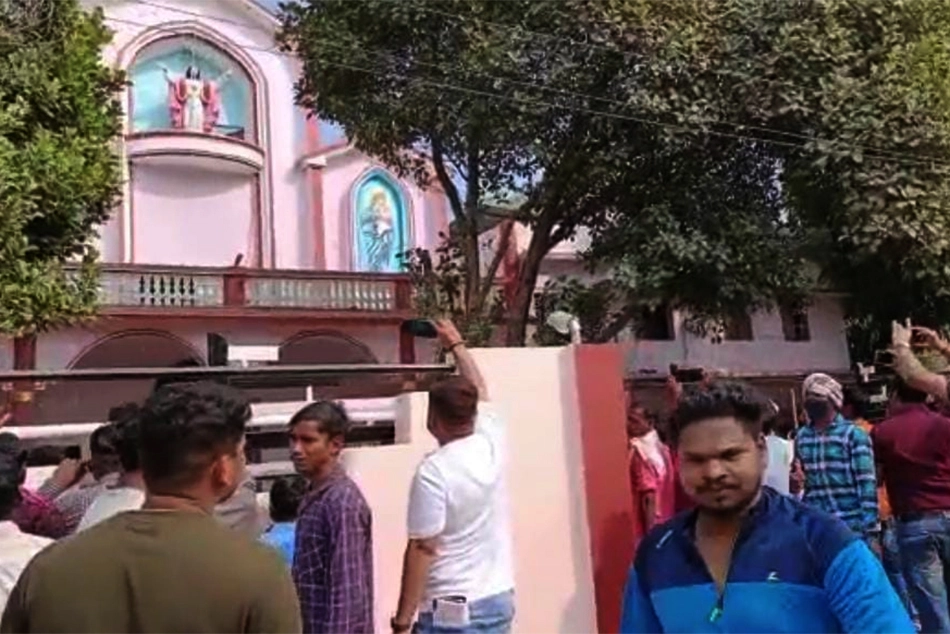
Across India today, Christians live in fear. Prayer houses are invaded mid-worship, preachers dragged away, women humiliated, even stripped naked and forced to shout “Jai Shri Ram”. For families gathering on a Sunday morning, prayer has become dangerous. The mobs are emboldened because they know the government will shut its eyes.
The violence is not occasional — it is systematic. In 2014, there were 127 recorded incidents of attacks against Christians. By 2021, that number had leapt to 505. In 2022, 601 incidents were recorded; in 2023, 734; in 2024, 834 — more than two attacks every day. Already in just eight months of 2025, over 500 fresh cases have been reported across 22 states. Uttar Pradesh and Chhattisgarh lead the tally, but violence has spread deep into the Northeast. Manipur has seen churches burned, Christians displaced, and entire communities terrorised.
Behind these numbers lie countless lives. In a village near Bastar, Chhattisgarh, a prayer meeting was broken up by a mob; the pastor was dragged outside, beaten, and handed to the police who promptly charged him under “conversion” laws. In Manipur, an elderly Christian woman recalled hiding in the forest for weeks as her church was torched. When she returned, only charred walls and ashes of hymnals remained. In Uttar Pradesh, a young couple was forced to sign a statement renouncing their faith before being released from custody. Such stories repeat themselves across the land, unrecorded, unnamed, but etched into the community’s memory.
The story of Staines illustrates the depth of this terror. A secular research group studied the area where he was accused of converting people, and found that the number of Christians had actually fallen. Yet this did not prevent right-wing goons from attacking him and his son, killing them both. Facts, research, and truth mattered nothing to the mobs; fear, hatred, and political impunity prevailed.
The scale of this persecution is visible only because of the painstaking work of civil society organisations like the United Christian Forum (UCF) and the Alliance Defending Freedom India (ADF-India). UCF operates a nationwide helpline (1800-208-4545), providing a channel for victims to report harassment, assault, and disruption of worship, and meticulously documents every incident.
Without UCF’s data, much of this violence would remain invisible, dismissed as “isolated” by politicians or ignored by the media. ADF India complements this work by providing legal aid, accompanying victims to hostile police stations, filing bail applications, and pursuing justice in higher courts where state complicity is exposed.
Together, these organisations form a vital shield, giving victims the courage to speak out, ensuring that facts are collected, and keeping alive the constitutional promise of equality and protection. Yet their very existence is resented by the ruling establishment, which treats monitoring and advocacy as a threat. In defending Christians, UCF and ADF defend the freedoms of all citizens, safeguarding India’s democratic fabric.
Yet the irony is glaring. India’s Christian population was 2.3 percent at Independence and is now even less. There is no “conversion explosion.” What exists is fear manufactured by those who thrive on hate. BJP-ruled states lead in both silence and complicity. Chief Ministers openly spew hate, turning constitutional offices into pulpits of prejudice.
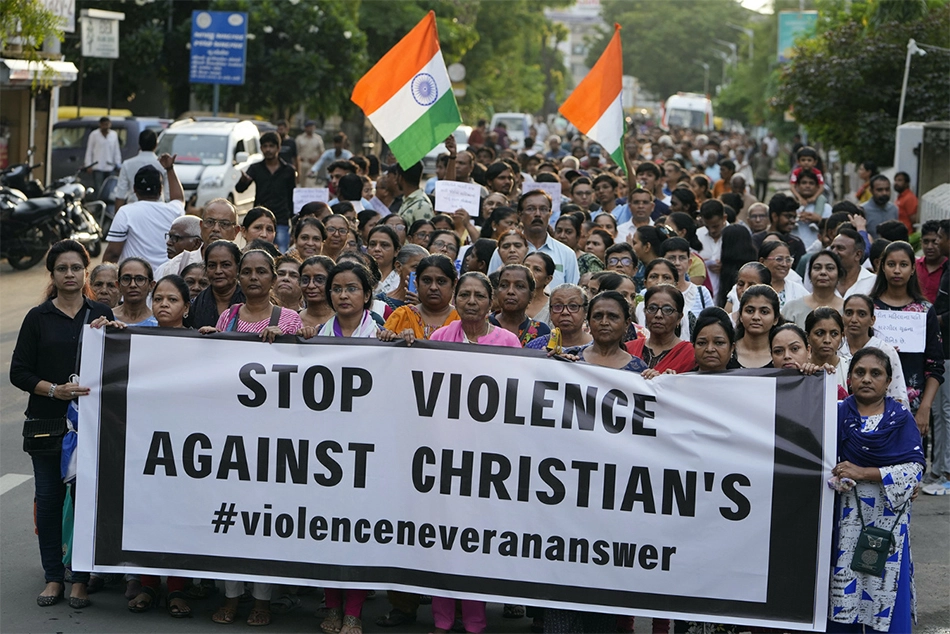
Goa provides a stark example. The Chief Minister repeatedly warns of “conversions happening in remote corners,” citing supposed threats to Hinduism. Preachers have been locked up on flimsy charges, and only released after courts intervened. Yet no evidence of mass conversions exists. This is a government narrative manufactured to justify intimidation, surveillance, and control over religious freedom. Families in remote Goan villages live under anxiety, knowing that the act of worship could invite arrest. Even the most peaceful communities are told that faith is suspect, and their constitutional rights are conditional.
The Bajrang Dal and other lumpen groups are let loose to attack with impunity. Police refuse to file FIRs against aggressors but readily arrest pastors. Ministers, many of whom were educated in Christian schools and hospitals, stay silent even as the institutions that nurtured them are demonised. Hypocrisy has become state policy.
Manipur today represents Modi’s genocide. Entire communities are targeted under the guise of security and “law and order,” while Shah’s administration remains impotent, seeking revenge rather than justice. In state after state, democracy, secularism, and India’s pluralistic ideals are under systematic assault.
But let us be clear: This is not Hinduism. Hinduism, at its deepest core, is ecumenical and inclusive. I myself visit temples, I wear Hindu symbols, and I respect every faith. To reduce Hinduism to a weapon of hate is to betray its own soul. Religion belongs to individuals. It must be practiced in truth, faith, and spirituality — not imposed by mobs or dictated by politicians.
What is at stake here is not just the safety of Christians. It is the soul of India. The Constitution guarantees every citizen the right to practice and propagate religion. That right is not a favour — it is a fundamental freedom. When it is trampled upon, India’s democracy itself is fractured.
There is a way forward. Violence against Christians is not an isolated minority problem. It is a test of India’s secular fabric. If chauvinists continue to twist faith into hate, India will split along lines of fear and suspicion. The solution is clear: the law must act without bias, courts must intervene swiftly, and political leaders who spread hate must be held accountable. Civil society cannot remain silent, for silence is complicity. And above all, the nation must rediscover its spiritual integrity: that religion is personal, not political; a path of truth, not of coercion.
Many Christians in India do not live in isolation. They want to belong and be acknowledged on the basis of their faith and Indianness. We walk into temples, mosques, and gurdwaras, not to convert or proselytise, but to affirm our shared identity with a pluralistic, secular India.
Our faith is rooted in love, service, and conscience, not in coercion or fear. We refuse to let ignorant lumpen elements—armed with hate, misbelief, and political backing—dictate the contours of our lives or the practice of our religion.
In every prayer, every visit to a house of worship, we assert that belonging to India means belonging to each other, regardless of faith. Secular India is not just a constitutional promise; it is a lived reality that we cherish and defend with courage and dignity.
If India is to remain whole, the violence must stop. Chauvinists must stay away from religion. They do not understand it. What they spread is not faith, but bias and hate. India must return to its spiritual roots — where religion is a personal path, and the Republic belongs to all.
The Church must rise with courage and must refuse to be fearful and muted. It cannot abandon its flock to face the wolves while seeking comfort with the powers that oppress. A Church that trembles before persecution betrays the Cross itself. To stand for justice is to stand with Christ—and silence is complicity with tyranny. Let the Church speak boldly, globalise the cry of the oppressed, and even the most brutal persecutors will be forced to reckon with truth.
[The writer, Ranjan Solomon, has worked 33 years in the YMCA at local, national, and international levels addressing ecumenism and mission as core roles. He believes in strong inter-religious ties as the foundation of a common humanity.]
Follow ummid.com WhatsApp Channel for all the latest updates.
Select Language to Translate in Urdu, Hindi, Marathi or Arabic

